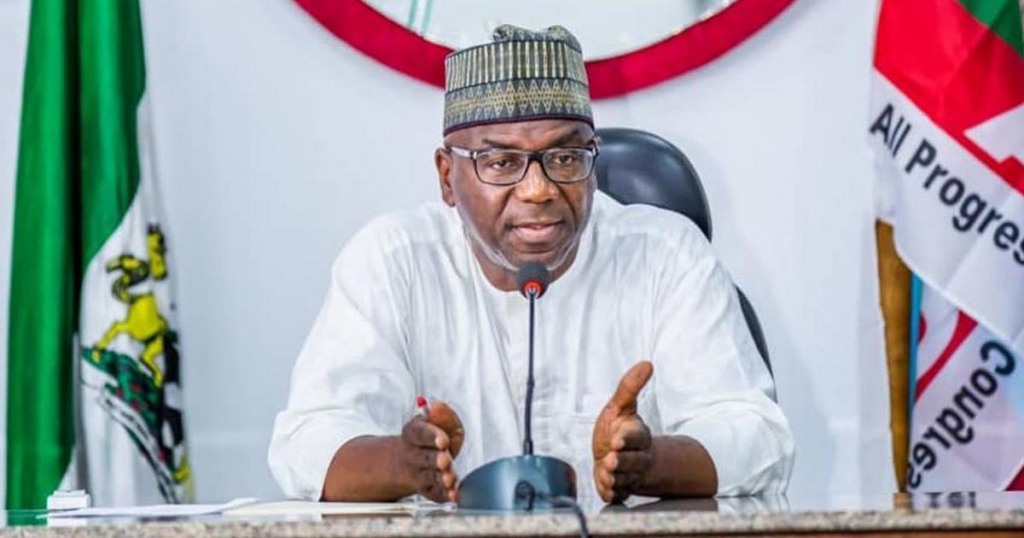By Aliu Akeem

Kwara State Governor, Mallam AbdulRahman AbdulRazaq, has taken a significant step in improving workers’ welfare by approving the new minimum wage of N70,000. This decision aligns with the Federal Government’s wage policy, aimed at uplifting public workers and addressing economic concerns. The implementation of this new minimum wage comes into effect from October 2024 and will benefit public workers across the state.
Insight on Kwara State Wage Adjustment Amid Economic Challenges
The Kwara State Government, through its Commissioner for Finance, Dr Hauwa Nuru made a public announcement of the wage increase, making it known that noting is significant than improving the standard of living for public workers. Nuru, who is the co-chairperson of the state’s minimum wage committee, said that the decision was reached after a successful meeting involving key stakeholders, including government representatives, labour unions, and the organised private sector.
“This decision, which includes consequential adjustments to the relevant salary structures, was made after a successful tripartite meeting between government representatives, the leadership of the Organised Labour in Kwara State — Nigeria Labour Congress (NLC), Trade Union Congress (TUC), and the Joint Negotiating Council (JNC) and representatives from the organised private sector,” Nuru stated.
The immediate implementation of the new wage in Kwara points out the state government’s commitment to the welfare of its workers. Governor AbdulRazaq has been praised for his leadership in ensuring that the state’s workforce remains a priority, especially during challenging economic times.
Commitment to Workers’ Welfare
Dr Nuru expressed her gratitude to Governor AbdulRazaq for granting the wage committee full autonomy to negotiate a fair and balanced outcome for all parties involved. “The immediate implementation of this new wage underscores Governor AbdulRazaq’s proactive and worker-friendly approach,” she noted.
The increase in wages also reflects the government’s dedication to sustaining economic stability in the state, which is crucial given the current economic climate in Nigeria. The governor’s administration has consistently demonstrated a strong commitment to workers’ well-being, prioritizing policies that directly improve the livelihood of public servants and residents.
“The new minimum wage is a testament to the state’s commitment to ensuring that workers’ welfare remains at the forefront of its policies,” Dr Nuru added.
Collaboration with Labour Unions
The approval of the N70,000 minimum wage was not achieved in isolation but was the result of a collaborative effort between the government and various labour unions. Both the Nigeria Labour Congress (NLC) and the Trade Union Congress (TUC) played a pivotal role in negotiating the new wage structure.
Dr Nuru praised this collaboration, stating, “The new wage policy is a timely and much-needed measure that will help cushion the effects of current economic realities in a sustainable way.” This cooperation, she added, is essential in achieving long-term economic goals that will benefit both the public and private sectors in the state.
The implementation of this wage is expected to boost worker morale and enhance productivity, as the state government continues to prioritize labour welfare. The N70,000 minimum wage policy is seen as a strategic response to the inflationary pressures that have negatively impacted workers’ purchasing power in recent months; not only in Kwara State but Nigeria as a whole.
Governor AbdulRazaq’s administration has placed a strong emphasis on fostering a stable and prosperous environment for both the public workforce and the general populace. The state’s vision for sustainable development, as highlighted by the Finance Commissioner, includes initiatives that go beyond wage adjustments and focus on long-term economic stability.
















